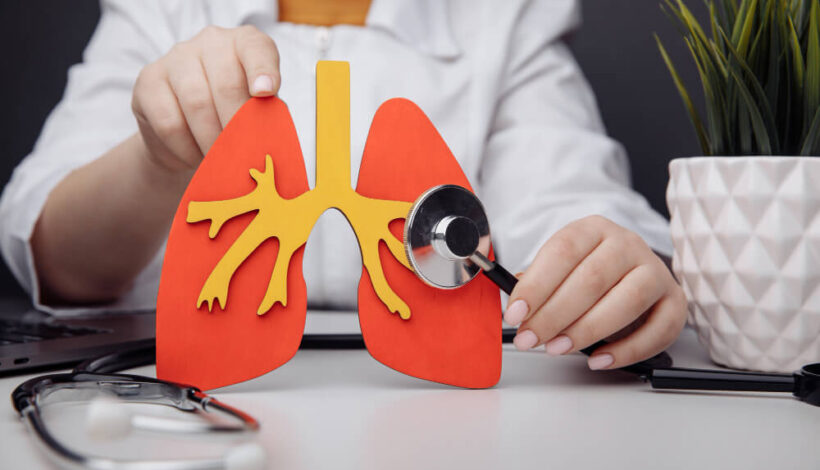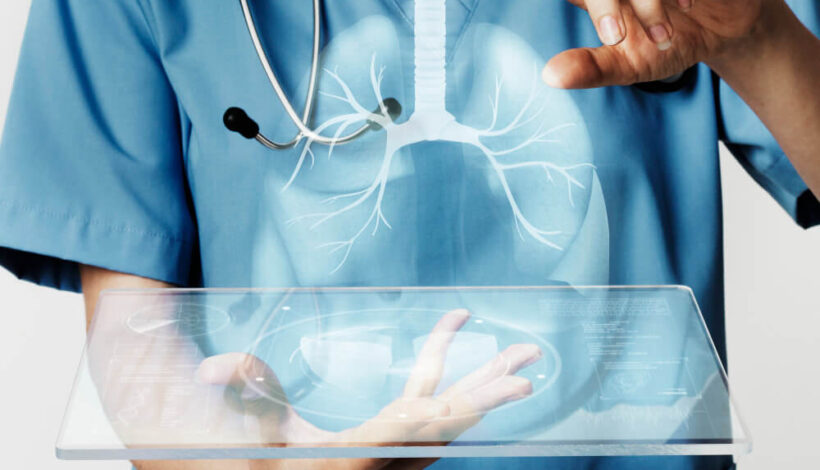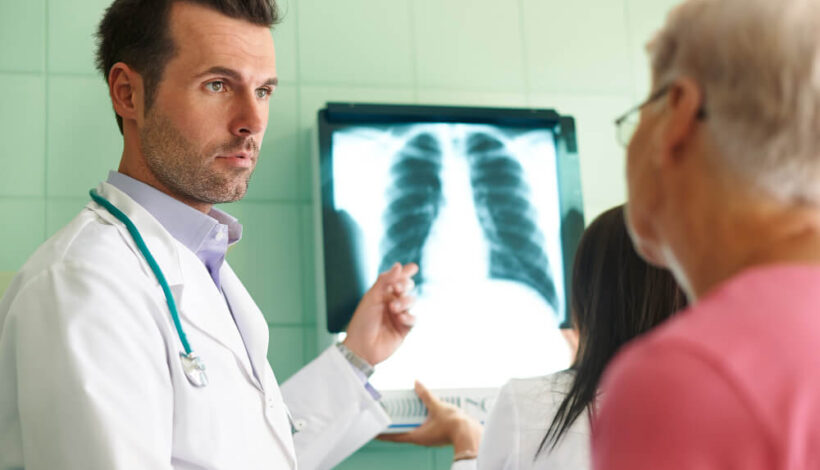The lungs are intricate and vital organs responsible for essential respiratory functions that sustain life and support overall well-being. With over 25 years of specialized practice in respiratory medicine, infectious diseases, and tuberculosis, Dr. Kumar Doshi offers invaluable insights into the multifaceted functions of lungs and their critical role in maintaining optimal health. In this informative article, we delve into the primary functions of the lungs, highlighting their significance and the importance of respiratory health.
Primary Functions of Lungs
- Oxygenation of Blood: The primary function of the lungs is to oxygenate the blood and facilitate the exchange of oxygen and carbon dioxide between the air we breathe and the bloodstream. Dr. Doshi emphasizes that this vital process ensures that oxygen reaches all cells and tissues in the body, supporting cellular respiration and energy production.
- Gas Exchange: Lungs play a crucial role in gas exchange, where oxygen from inhaled air diffuses across the alveoli into the bloodstream, while carbon dioxide, a waste product of cellular metabolism, is removed from the blood and expelled during exhalation. This continuous exchange of gases is essential for maintaining acid-base balance, regulating blood pH, and supporting metabolic functions.
- Ventilation and Breathing: Lungs facilitate ventilation and breathing by expanding and contracting to create changes in thoracic volume, allowing air to enter and exit the respiratory system. Dr. Doshi highlights the coordinated efforts of the diaphragm, intercostal muscles, and respiratory centers in the brain to regulate breathing rate, depth, and rhythm, ensuring efficient gas exchange and oxygen delivery to the body.
- Immune Defense and Protection: Lungs serve as a critical barrier against airborne pathogens, allergens, and environmental pollutants. Dr. Doshi underscores the importance of the respiratory mucosa, cilia, and immune cells in the lungs, such as macrophages and lymphocytes, in detecting, trapping, and eliminating harmful invaders, reducing the risk of respiratory infections and supporting the immune defence.
- Regulation of Blood Flow: Lungs play a pivotal role in regulating blood flow and pulmonary circulation by adjusting blood vessel diameter and pulmonary artery pressure to match oxygen supply with metabolic demand. Dr. Doshi emphasizes the importance of pulmonary vascular resistance and perfusion matching in optimizing gas exchange, maintaining hemodynamic stability, and supporting cardiovascular function.
Factors Influencing Lung Function and Health
- Lifestyle Choices: Adopting healthy lifestyle habits, such as avoiding smoking, reducing exposure to air pollutants, and practising regular exercise, can support lung function, enhance respiratory efficiency, and reduce the risk of respiratory diseases.
- Nutrition and Diet: Consuming a balanced diet rich in antioxidants, vitamins, and nutrients supports lung health, reduces inflammation, and enhances immune function. Dr. Doshi recommends incorporating fruits, vegetables, whole grains, and lean proteins into your diet to support optimal lung function and overall well-being.
- Regular Medical Check-ups: Dr. Doshi emphasizes the importance of regular medical check-ups, lung function tests, and preventive screenings to monitor lung health, detect early signs of respiratory conditions, and implement timely interventions to preserve lung function and enhance respiratory well-being.
Conclusion
Understanding the vital functions of the lungs and their critical role in maintaining optimal health is essential for appreciating the importance of respiratory care, preventive measures, and lifestyle choices that support lung function and enhance overall well-being. Dr. Kumar Doshi’s extensive experience as an interventional chest physician underscores the significance of prioritizing lung health, understanding respiratory physiology, and embracing holistic approaches to support lung function, reduce the risk of respiratory diseases, and ensure long-term respiratory health and vitality.
By recognizing the multifaceted functions of the lungs, adopting healthy lifestyle habits, and following expert recommendations, you can take proactive steps to protect, support, and optimize lung function, ensuring optimal respiratory health, vitality, and quality of life.




